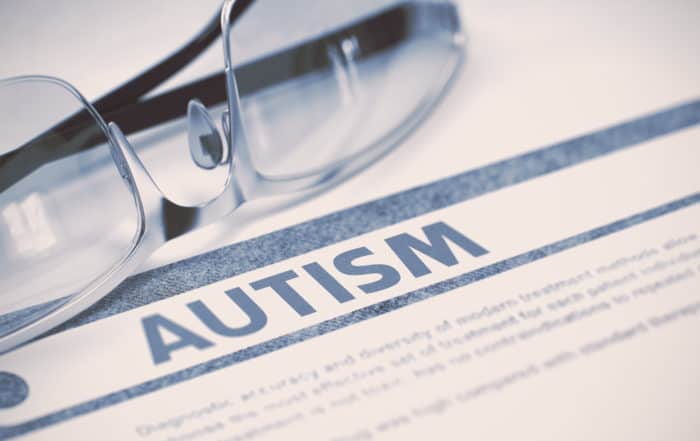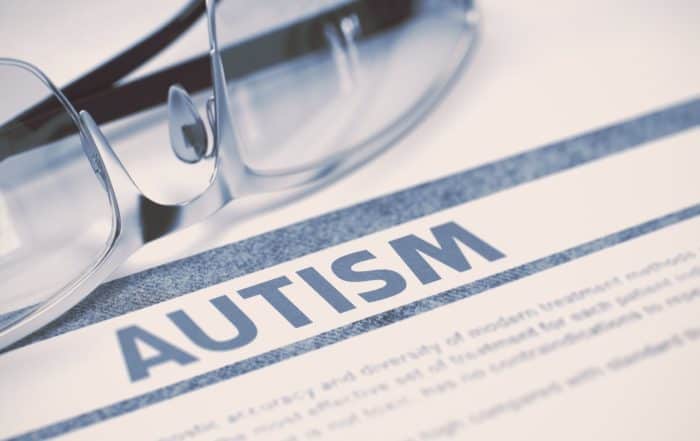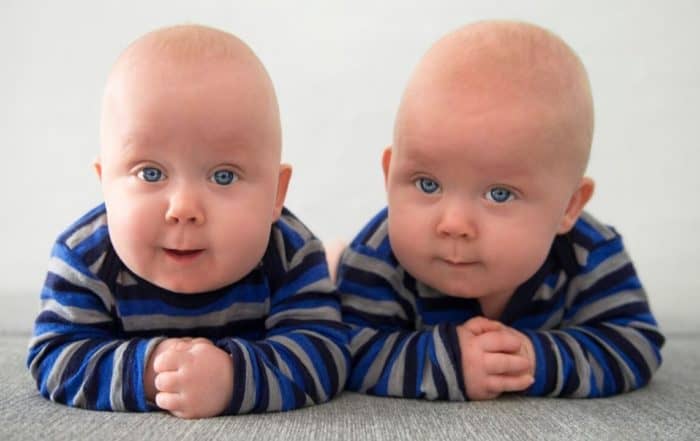Controversy flared last summer when the U.S. Preventative Services Task Force (USPSTF) released a draft recommendation citing a lack of evidence for continuing the practice of universal early childhood autism screening. The debate reignited today with the publication of the USPSTF investigators’ final statement in the Journal of the American Medical Association (JAMA) reiterating their finding that there is insufficient evidence on the “balance of benefits and harms” associated with screening and calling for more research.
Dr. Stephen Edelson, Executive Director of the Autism Research Institute, voiced concerns with the findings, urging professionals to continue screening. “A recent review was written by numerous well-respected scientists in the autism field and published in the American Academy of Pediatrics (AAP) science journal, Pediatrics, clearly supports the importance of early screening for autism,” Edelson said.
Edelson was referring to Autism Spectrum Disorder: Recommendations for Practice and Research which appeared in last October’s online supplement to Pediatrics, describing the work of a team of expert panelists who completed a systematic review of the medical literature and developed consensus statements focused on three areas: the early identification of ASD, early screening, and early interventions and outcomes. Edelson says the findings lend credence to objections raised last summer in response to the USPSTF recommendation. The AAP also issued a statement today continuing to recommend universal autism screening at age 18 and 24 months.
“The USPSTF concludes that the value of universal screening for autism is as of yet unproven is more aligned with those who focus on cutting insurance costs than identifying those children who are in urgent need of appropriate, evidence-based healthcare. A delay in diagnosis will certainly impact the quality of their lives throughout childhood and adulthood,” Edelson said.
Lonnie Zwaigenbaum, M.D., of the Autism Research Centre at Edmonton’s Glenrose Rehabilitation Hospital, a co-lead author of the October Pediatrics review in support of screening, spoke out in support of consistent, early evaluation: “Recent studies of at-risk infants — younger siblings of children with ASD — emphasize that many behavioral features of ASD are apparent as the child approaches their first birthday. However there is considerable diversity in expression, and early detection efforts need to be an ongoing process — rather than being limited to a single age point — if children across the spectrum are to be detected.”
According to the Centers for Disease Control, in 2016, ASD affects approximately 1 in 68 children in the U.S. The Modified Checklist for Autism in Toddlers — a scientifically validated tool for detecting ASD in children ages 16- to 30-months endorsed by the AAP — is believed to be the most commonly used screening tool; other tools described in the report show promise for detecting symptoms as early as the first year.
“Although all screening tools for autism have some limitations, the evidence nevertheless supports the usefulness of screening, notwithstanding the need for further research. Early identification can have multiple benefits for the child and for the family,” said Marvin Natowicz, M.D., Ph.D. — a clinical geneticist and pathologist at the Cleveland Clinic who participated in the panel that generated the October Pediatrics report.
Zwaigenbaum adds, “With the availability of screening tools that accurately identify toddlers at highest risk of ASD, and accumulating evidence that interventions targeted to this age range lead to better outcomes, we would argue that children with ASD stand to benefit from the incorporation of screening into standard practice.”
Read the full Pediatrics report recommending early screening for ASD online
How Age – and Age of Diagnosis – Affect Quality of Life
Dr. Gray Atherton discusses the critical role of age and age of diagnosis in shaping the quality of life for autistic individuals. She provides a brief history of autism understanding and considers
Diagnosis and Screening for Autism: Past, Present, and Future
While the diagnosis of some syndromes is fairly straightforward, diagnosing autism spectrum disorders (ASD) has been and continues to be a challenge. In this editorial, I review the progress we have made
Toe Walking and ASD
Toe walking is quite common in young children, age 3 and younger; but toe walking, especially in children 5 years and older, is often associated with neurological immaturity. Many parents and professionals
Bernard Rimland’s “Infantile Autism”: The book that changed autism
This year marks the 50th anniversary of one of the most important contributions to the field of autism. In 1964, Dr. Bernard Rimland single-handedly shattered the then-accepted psychogenic view of autism in
Diagnosis Matters
While making an accurate diagnosis of autism is important, it is also critical to look for other associated conditions that may require specific therapies. These can include medical conditions that can cause
Twin Studies – Genes & Environment in ASD
Genetic Heritability and Shared Environmental Factors Among Twin Pairs With Autism Presented by Clara Lajonchere, PhD at the Fall 2012 Autism Research Institute Conference Autism has been described as the most heritable of







